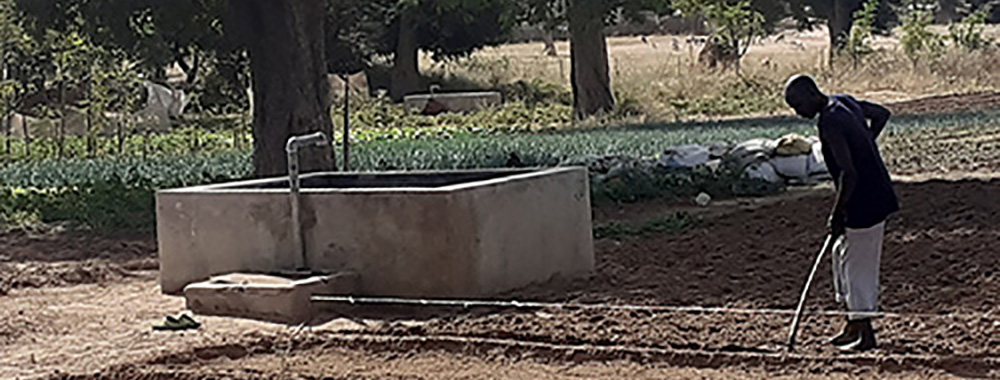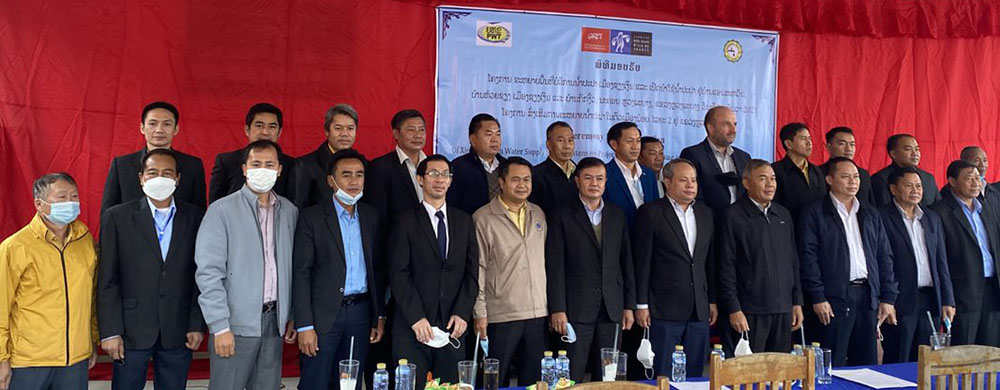Following the signature of a Programme agreement with Agence française de développement (AFD) in 2019, GRET began reflecting on a commons-based approach in a dozen of its projects. Throughout the year, we will be presenting these various projects, focusing on diverse subjects. This month: the Apsu project, in Senegal.
Since October 2018, GRET and Belgian NGO Eclosio have been implementing the project entitled Working to promote and support entrepreneurship in the Diobass valley (Apsu). This project is part of the project supporting the reduction of rural emigration and reintegration in the groundnut basin in Senegal (Parerba), led by the Belgian development cooperation agency and funded by the European Union Emergency Trust Fund. Although the main objective of this project is to facilitate the development of activities providing jobs in rural areas, particularly in the agricultural sector, it also seeks to raise populations’ awareness on the protection of their natural resources, which are essential for development of viable agricultural activity.
In order to make project’s investments sustainable, GRET is aiming to facilitate consultation among stakeholders in small irrigation schemes, in order for them to co-define modes of governance for their collective irrigation schemes. GRET will also be supporting these collectives to develop, implement and control rules for managing and maintaining their irrigation schemes. In order to generate motivation among producers to cooperate while seeking to understand existing governance mechanisms in these zones, GRET also set up a series of games, training and collective exercises with a view to generating enthusiasm for the common.
Although the common being constructed in this project is the irrigation service, it depends on a common good: water resources. Eager to ensure that development of market gardening takes a global approach based on sustainability, in 2019, GRET produced a diagnosis of water resources in the two communes where the project is being conducted: Notto Diobass and Tassette. This diagnosis was presented to approximately thirty stakeholders (sectoral authorities, decentralised technical services, regional local authorities, users, etc.) and subsequently distributed more widely. It underlined the necessity to set up integrated water resources management (IWRM) in the two target communes. Stakeholders in the region are becoming gradually aware of the critical state of water resources (over-use, salinization) and of the importance of making development choices that take account of environmental capacities while protecting and strengthening themselves.
In response to the Covid-19 pandemic, and following in real time the instructions of the different local and national authorities, GRET’s teams adapted their working methods to continue to carry out their mission of general interest in the best possible way, while acting at their own level to limit the spread of the virus as much as possible.




